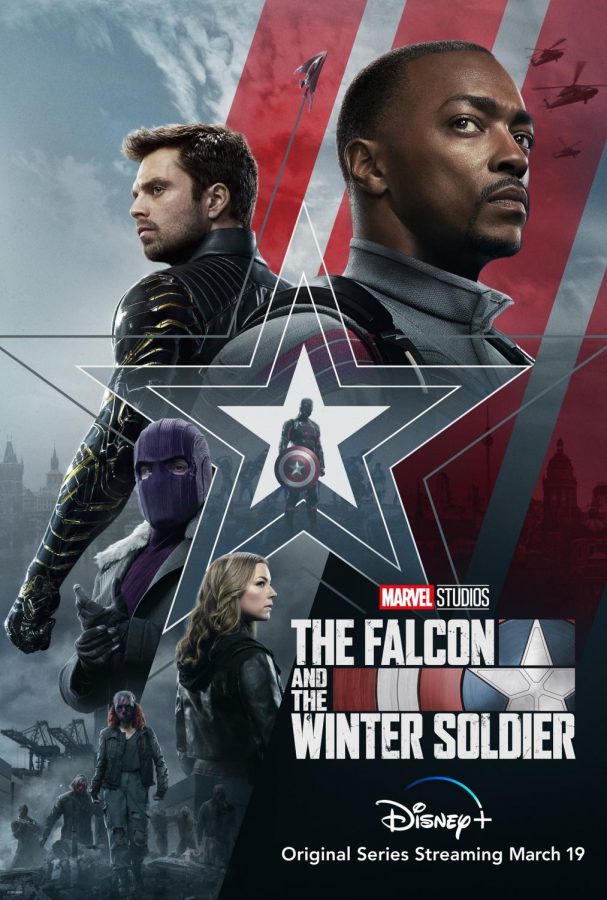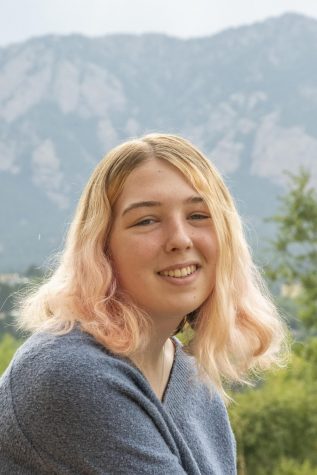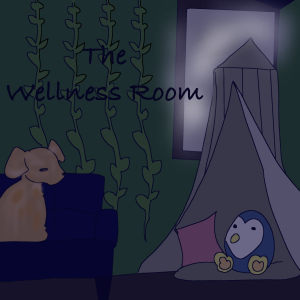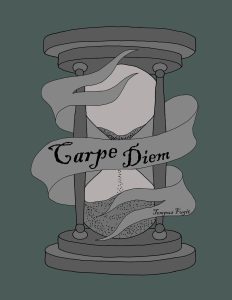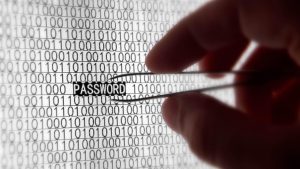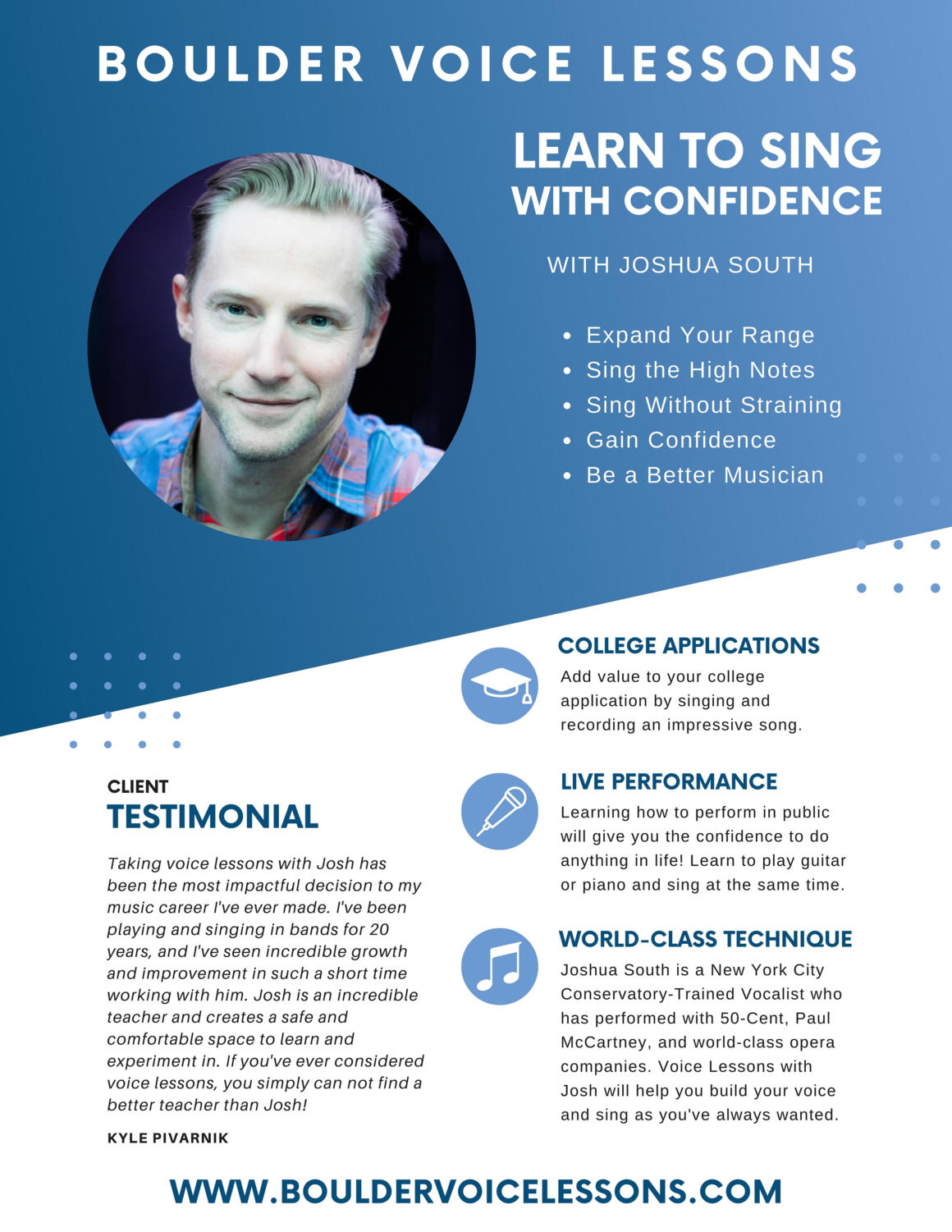The Falcon and the Winter Soldier
May 7, 2021
In the past month Disney+ debuted the newest addition to the Marvel Cinematic Universe: “The Falcon and the Winter Soldier.” The show stars Anthony Mackie and Sebastian Stan as they play the titular characters in a side of the MCU we’ve never seen before.
Going into the first episode, I wasn’t exactly sure what to expect. Bucky (or the Winter Soldier) has always been one of my favorite Marvel characters, so the concept of the show intrigued me from the start. Captain America’s bereaved best friends now have to figure out their place in the world without him, and it’s a lot more daunting than one might think.
Sam (or Falcon) is still working for the government, but with the essential disbandment of the Avengers, he no longer has a full-time role to fulfill. Instead, we see that his sister is trying to get rid of their family fishing boat to save money and Sam is trying to get her to save it. Within the first three episodes and Sam’s storyline, we find that his role as a superhero is not getting him any special treatment in the ‘real’ world. Sam is denied a loan for being Black despite the banker asking for a selfie, and when he gets in an argument with Bucky in the streets, the police try to arrest him for seeming ‘violent’ until they realize who he is. Even within the glittering world of Marvel, the viewer finds that racial injustice is still a huge and prevalent issue. This subtext was not something I was expecting within this show, and while it can seem a bit forced coming from Disney of all places, it was something I couldn’t help but appreciate. Similarly with how we see Bucky going to therapy to deal with his PTSD and trying to atone for the sins he committed when he was the Winter Soldier, this show has a taste of realness within the super that I wasn’t expecting to find.
Something about these characters dealing with things that any normal person might go through was a stark (pun not intended) contrast to most of the MCU thus far. In the past, pre-Disney+ Marvel shows I watched, the world was still very centered around everything super. Everything still had a tinge of dissonance from reality that could only be accepted in a superhero setting. This show is not afraid to push at the shiny surface of the MCU and ask the viewer to understand that these characters, this world, is just as flawed as anything else. They just happen to have aliens that drop in now and again.
Though most of this is spoiler free, I will dive a bit into the last episode now, so if you don’t know much of what is to come in this show, I recommend watching first. Now, the plot line between Isaiah and Sam was short in quantity but overwhelming with meaning to the show. As a man who had been essentially destroyed at the hands of the US Government, Isaiah Bradley was justified in his opinion that Captain America was a white man fighting for white people, but the way that Sam was able to change his and all of America’s minds made for a brilliant finale. Recently, I’ve seen a lot of discourse on how superheroes always fight a villain for doing violent things but never examine the cause of the villain’s strife. In the case of Karli, the world is treating refugees from the Blip horribly and she seeks to do something about it. While Sam does intend to stop her, he also takes a chance to speak to the world and let them know that change is necessary for the world to move forward. I immensely appreciated this choice in the show, as the last episode would have felt very empty without it.
I can solidly say after episode six that I am highly anticipating the next season of “The Falcon and the Winter Soldier,” and if you are a casual or dedicated fan of the MCU, I would definitely recommend that you give this miniseries a chance.


